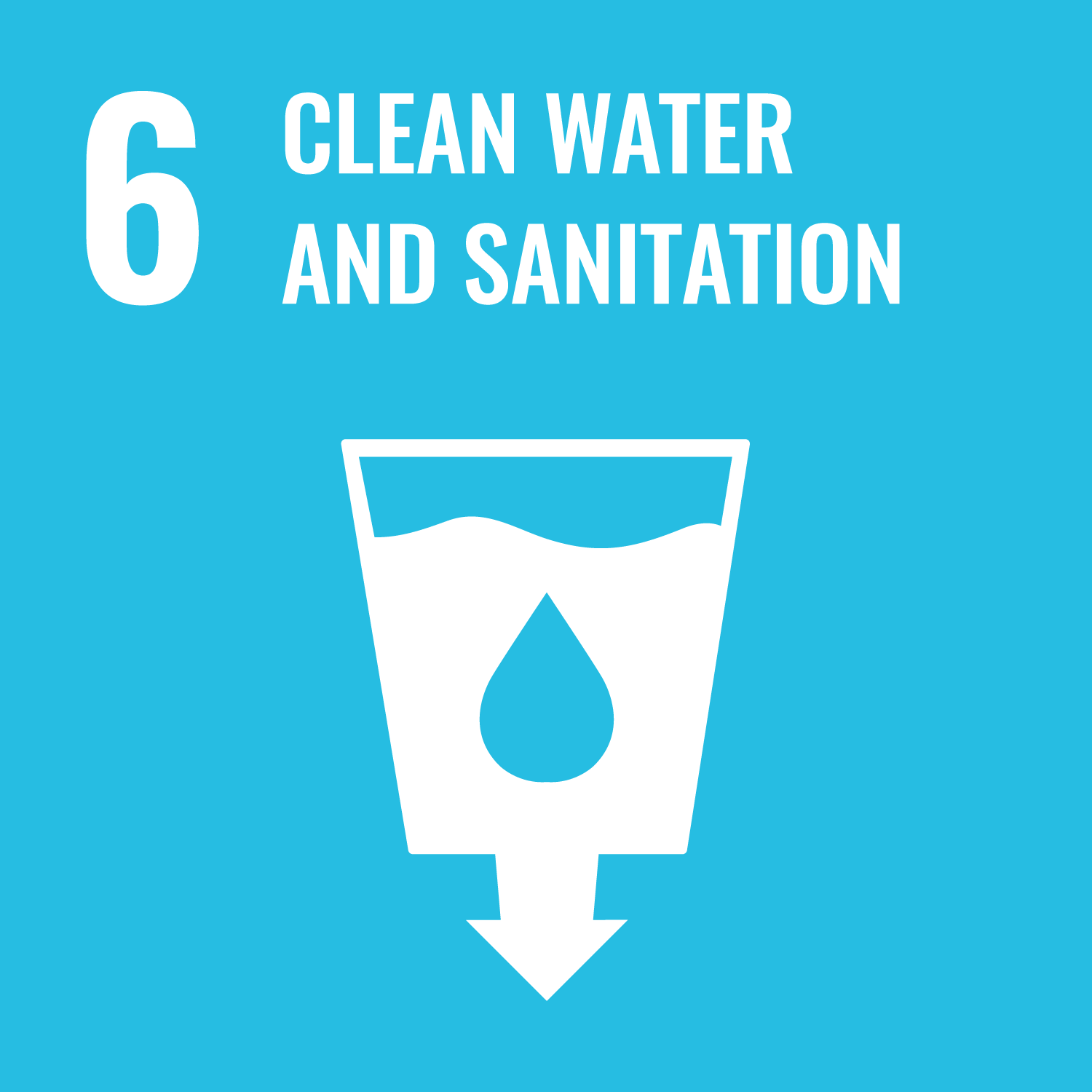SDG Detail
ENVSCI 738 : Water and Society
Postgraduate courseProject description
Experimenting with radical urban change is becoming the norm as cities around the world pursue improved futures. Experiments are considered dynamic and provisional and are seen as a way to cut through administrative red-tape and materialise visions of flourishing, sustainability and liveability. Experiments are viewed as an acceptable way to take risks and come with expectations of high failure rates but promises of high returns. But who is doing the experimenting? Who is being experimented on? Can (and should) lessons be applied elsewhere? This course probes the appeal of experiments with more sustainable cities through a case study of Auckland�s Healthy Waterways strategy. The first half of the course examines the science of Water Sensitive Cities. Students apply and critique deterministic and constructivist approaches to realising more sustainable cities. The second half of the course attempt to makes sense of change that is produced by how improved futures are both imagined and materialised. Students examine how experiments with more sustainable cities are understood to be important. Do they reframe institutions and reconfigure actors? Do they engender radical change? Are they a viable alternative to long-term planning? Are they business-as-usual repackaged in appealing rhetoric? There are three take home messages: 1) Experiments with urban futures carry a politics like any other activity; 2) Visions of the future matter and have to be positioned among competing visions; 3) There is still need to imagine better kinds of human society.
Project aims
?
Project outcome
By the end of this course, students will be able to: Define major environmental issues of our time and identify how science is used to approach those issues and propose solutions. (Capability 1, 2 and 3) Explain and apply scientific method that underpins environmental policy and response. (Capability 2 and 4) Work collaboratively as well as individually to critique environmentally framed problems and solutions. (Capability 3, 5 and 6) Identify and describe some of the challenges of applying environmental science. (Capability 5 and 6)
Related SDGs
The corresponding sustainable development goals correlated with this project. You you click the icon to link to SDG category description page.










